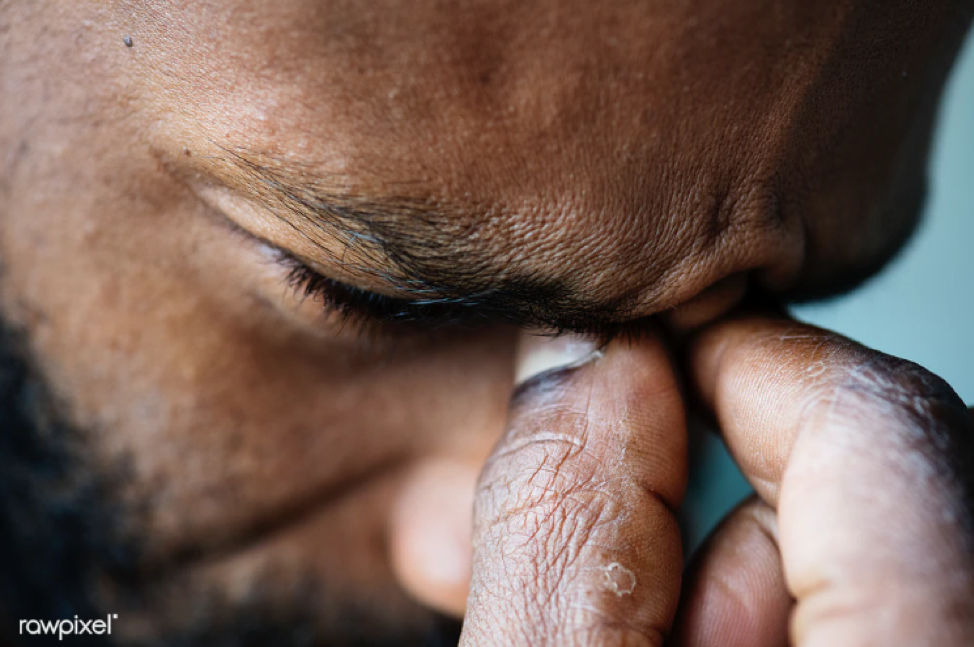Misophonia is a very common disorder around the world. Around 20% of the world population is suffering from misophonia. Around 80% of the misophonia sufferers suffer from the same kind of misophonia. Misophonia, in simple words, is hatred towards everyday life sounds. The sound may or may not be repetitive. One similarity amongst all trigger sounds is that they are soft but they can also be loud. Trigger sounds are the phonic stimulus that may integrate a response.
When you talk about misophonia, every case is very different from one another. Every sufferer has a distinct trigger sound as well as distinct levels of response. Some people have a very intense response towards the trigger sounds, and some respond in a very mild way.

Misophonia Diagnosis: History
Misophonia was earlier called 4S or selective sound syndrome in 1997. Many researchers say it is a better name for misophonia because misophonia is not hatred towards all kinds of sound. It is a dislike of selective sounds.
The Trigger Sounds
Many people do not know this, but misophonia is not only dislike towards the specific sounds but the sufferer might also get triggered by specific visual stimuli. These visual stimuli are mostly repetitive actions. If you have misophonia, the swinging legs, the pendulum motion, constant typing, and actions like that may trigger you.
Disorders Similar to Misophonia
There are many people who confuse between misophonia and hyperacusis. It basically sensitivity towards various volumes, intensities, and types of sounds. You develop Hyperacusis while you’re a child but in some cases, you might develop it in your adulthood years. The healthcare provider will check your hyperacusis with various tests like measuring various volumes and see what volume becomes irritating. There are many treatments given for hyperacusis.
Many people also confuse it with phonophobia. It is when you get scared of certain types of sounds. When you have misophonia, you do not get scared of the sound rather than that the sound irritates you and make you want to go away from the origin.
If your child is unable to tolerate loud sounds, it may be because your child is suffering from sensory processing disorder (SPD). In this condition, the person will have a problem with various sensory stimuli. It may be of touch, taste, sight, sound, and smell. SPD causes high sensitivity towards the stimuli. This is a separated disorder and it has no link with misophonia. in this disorder, your child will react as if he has hyperacusis or phonophobia. When you notice such reactions, you need you to take your child to a health care provider.
Hyperacusis and phonophobia are common autistic children. Loud sounds likewise of a toilet flush, vacuum cleaner, and siren scare them. But then you have misophonia. The trigger sounds annoy you. A simple daily life sound feels like nails on a chalkboard.
Misophonia Diagnosis According to Psychology Guidebooks
DSM is the most prestigious guidebooks for psychological sciences. In the guide book, there is no mention of misophonia. Many people are trying to get it in the book because misophonia qualifies many various disorder criteria. There are many pieces of research and pieces of evidence that support the fact that it is a disorder but DSM looks over it.
There are various reasons for not putting misophonia in the book because, until now, the cause of misophonia is unclear. There are various researches that consider misophonia as a symptom and others say that it is a disorder.
Many researchers say misophonia might become a part of future DSM and ICD editions. The researchers are still researching on the topic. The main issue that arises for putting it in the book is that the researchers cannot decide whether misophonia is a disorder itself or is it a key feature of some other broader syndrome. The psychiatrists are trying to draw a roadmap for its systematic evaluation.
Final words
When it comes to misophonia, the main diagnosis about misophonia is that you dislike certain sounds. The trigger sounds are specific sounds which a person cannot stand at all. Some people have a relatively severe response to the sounds, but some people have relatively mild reactions. It entirely based on your tolerance.
There are many disorders that are similar to misophonia. People confuse them with it. Many people even say that misophonia is a kind of OCD.
Call Stephen Katz at the
